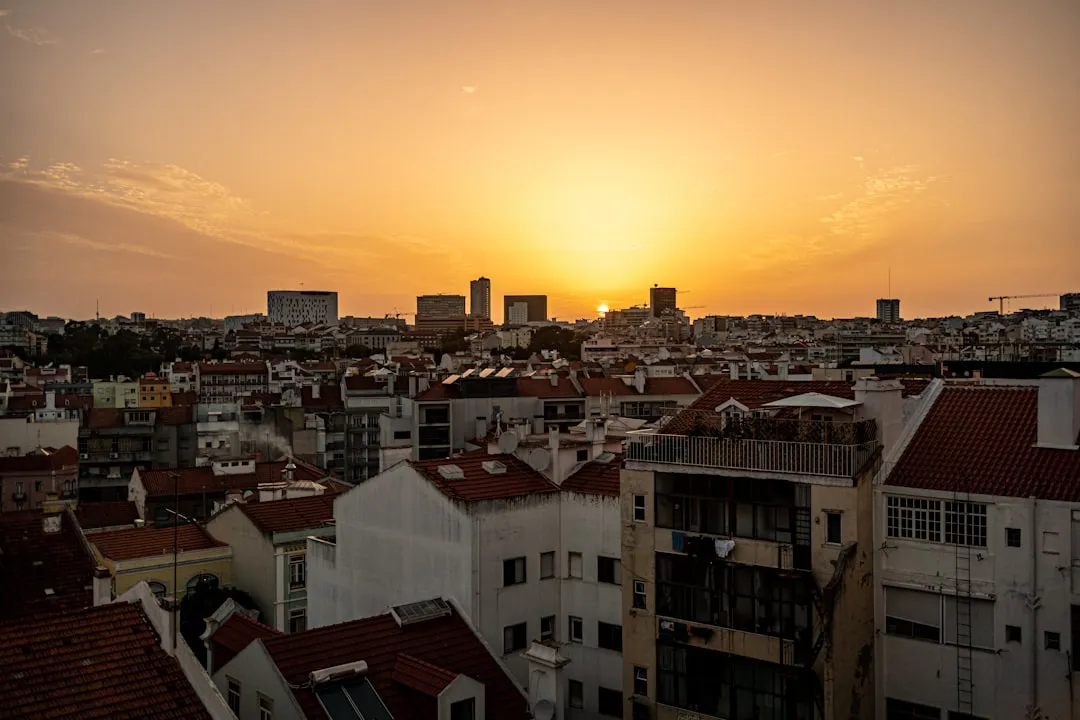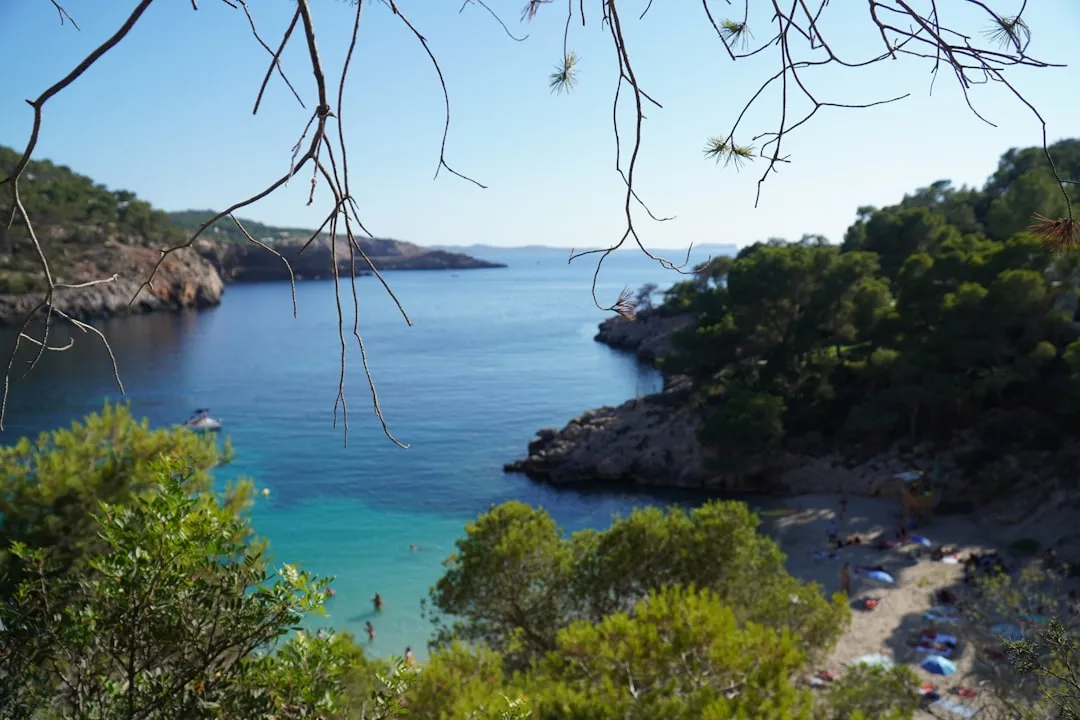Spain is a country that enchants with its sunny climate, rich history, vibrant culture, and diverse landscapes. From coastal villas overlooking the Mediterranean to chic apartments in bustling cities like Madrid and Barcelona, Spain offers something for every prospective homeowner. If you’re dreaming of owning a home in Spain, this guide will walk you through the key steps, popular regions, and tips to make that dream a reality.
Why Buy a Home in Spain?
Spain’s real estate market is attractive to both investors and lifestyle seekers. The combination of affordable property prices in some areas and the undeniable appeal of Spanish culture makes it a top destination for foreign buyers.
Key Benefits:
- Diverse Property Options: Choose from beachfront homes, countryside fincas, or urban apartments.
- Lifestyle Appeal: Enjoy Mediterranean cuisine, vibrant festivals, and a laid-back lifestyle.
- Investment Potential: With a strong tourism sector, vacation rentals in Spain are a lucrative opportunity.
Top Regions to Buy Property in Spain
Spain’s geography and culture vary widely across its regions. Here are some of the most popular areas to consider:
1. Costa del Sol
Known for its sunny beaches, golf courses, and luxury villas, the Costa del Sol is perfect for those seeking a coastal retreat. Cities like Marbella and Málaga are hotspots for expats.
2. Madrid
The capital offers a mix of historic charm and modern living. Apartments in central neighborhoods like Salamanca or Chamberí are ideal for urban dwellers.
3. Barcelona
Famed for its architecture, cultural scene, and seaside location, Barcelona is a favorite among international buyers. Look for properties in areas like Eixample or Gràcia.
4. Valencia
This coastal city combines affordability with quality of life. Known for its futuristic architecture and sandy beaches, Valencia is increasingly popular with foreign buyers.
5. Balearic Islands
The islands of Mallorca, Ibiza, and Menorca offer exclusive properties with stunning sea views, ideal for vacation homes or investment.
How to Buy a Home in Spain as a Foreigner
Spain’s property buying process is foreigner-friendly but involves specific legal and financial steps. Here’s what you need to know:
1. Get an NIE Number
The NIE (Foreigner Identification Number) is mandatory for property transactions. You can obtain it through a Spanish consulate or in Spain itself.
2. Understand the Costs
- Taxes: Transfer tax ranges from 6-10%, depending on the region.
- Notary and Registration Fees: Typically 1-2% of the purchase price.
- Agency Fees: Usually covered by the seller but confirm in advance.
3. Hire a Lawyer
A bilingual lawyer familiar with Spanish property law can ensure a smooth transaction and help with due diligence.
4. Secure Financing
Spanish banks offer mortgages to non-residents, though lending terms may differ from those for residents. Consider consulting a financial advisor.
Investment Opportunities in Spain’s Real Estate Market
Spain’s thriving tourism industry and attractive property prices create excellent opportunities for investment:
- Vacation Rentals: High rental yields in tourist hotspots like Barcelona or Marbella.
- Renovation Projects: Rural properties or older city apartments can be renovated for profit.
- Long-Term Rentals: Cities with large student or expat populations, such as Madrid, are great for steady rental income.
Architectural Styles to Explore
Spain’s homes are as diverse as its regions. Here are a few styles to consider:
- Mediterranean Villas: Found along the coast, these homes feature whitewashed walls, terracotta roofs, and spacious terraces.
- Traditional Fincas: Rustic farmhouses common in regions like Andalusia and the Balearic Islands.
- Modern Apartments: Sleek, contemporary properties in cities like Madrid and Barcelona.
Tips for Finding Your Dream Home
- Research Regions: Spend time exploring different areas to find one that suits your needs and budget.
- Check Listings Online: Websites like idealista.it are excellent starting points.
- Use Reputable Agents: Local real estate agents can provide valuable insights and access to off-market listings. Have a call with us for help.
- Visit Properties in Person: Photos can be misleading, so always schedule a visit before committing.
- Understand Legalities: Ensure the property has clear title deeds and no outstanding debts.
- Factor in Renovation Costs: If buying an older property, account for potential refurbishment expenses.
Begin Your Spanish Property Search Today
Whether you’re looking for a vacation home, an investment property, or a permanent residence, Spain’s real estate market has something to offer. Start exploring homes for sale in Spain today and take the first step toward making your dream a reality.
Ready to find your perfect Spanish home? Begin your journey now and embrace the beauty of living “La Buena Vida.”
FAQs
Can foreigners buy property in Spain? Yes, foreigners can buy property in Spain without restrictions. You just need a valid passport, a NIE (Número de Identificación de Extranjero), and proof of financial stability.
What is a NIE and how do I get one? A NIE is a tax identification number required for all legal and financial transactions in Spain, including buying property. You can apply for one at the local police station or consulate.
What are the additional costs of buying property in Spain? In addition to the property price, buyers should budget for notary fees (1-2% of the purchase price), property transfer taxes (6-10%), agency fees (3-5%), and registration costs.
Do I need a Spanish bank account to buy property? While it is not a strict requirement, having a Spanish bank account is highly recommended for managing payments, taxes, and utility bills.
Can I get a mortgage as a foreigner? Yes, many Spanish banks offer mortgages to non-residents. Typically, you will need a larger down payment (around 30-40%) and proof of income. Mortgages for non-residents may have higher interest rates.
What is the process of buying property in Spain? The process involves obtaining a NIE, signing a preliminary contract (arras), paying a deposit, hiring a notary to formalize the contract, and registering the property at the Land Registry.
What are the most popular regions for buying property in Spain? Popular regions include Costa Brava (for beach lovers), Costa del Sol (ideal for retirees and expats), Madrid (for city living), Barcelona (for culture and lifestyle), and Mallorca (for a quieter, Mediterranean lifestyle).
What type of property is most affordable in Spain? Properties in rural areas or smaller cities tend to be more affordable compared to larger cities like Madrid or Barcelona. Areas such as Extremadura, Andalusia, and Castilla-La Mancha offer more budget-friendly options.
Are there any special programs or incentives for foreign buyers in Spain? Yes, Spain offers the Golden Visa program, which grants residency to non-EU nationals who invest at least €500,000 in real estate. This program is especially popular for those looking for long-term stays in Spain.
Can I rent out my property in Spain? Yes, you can rent out your property. Spain has a thriving rental market, particularly in tourist-heavy areas. However, be aware of local regulations regarding short-term rentals, as some cities, like Barcelona, have strict laws governing vacation rentals.




